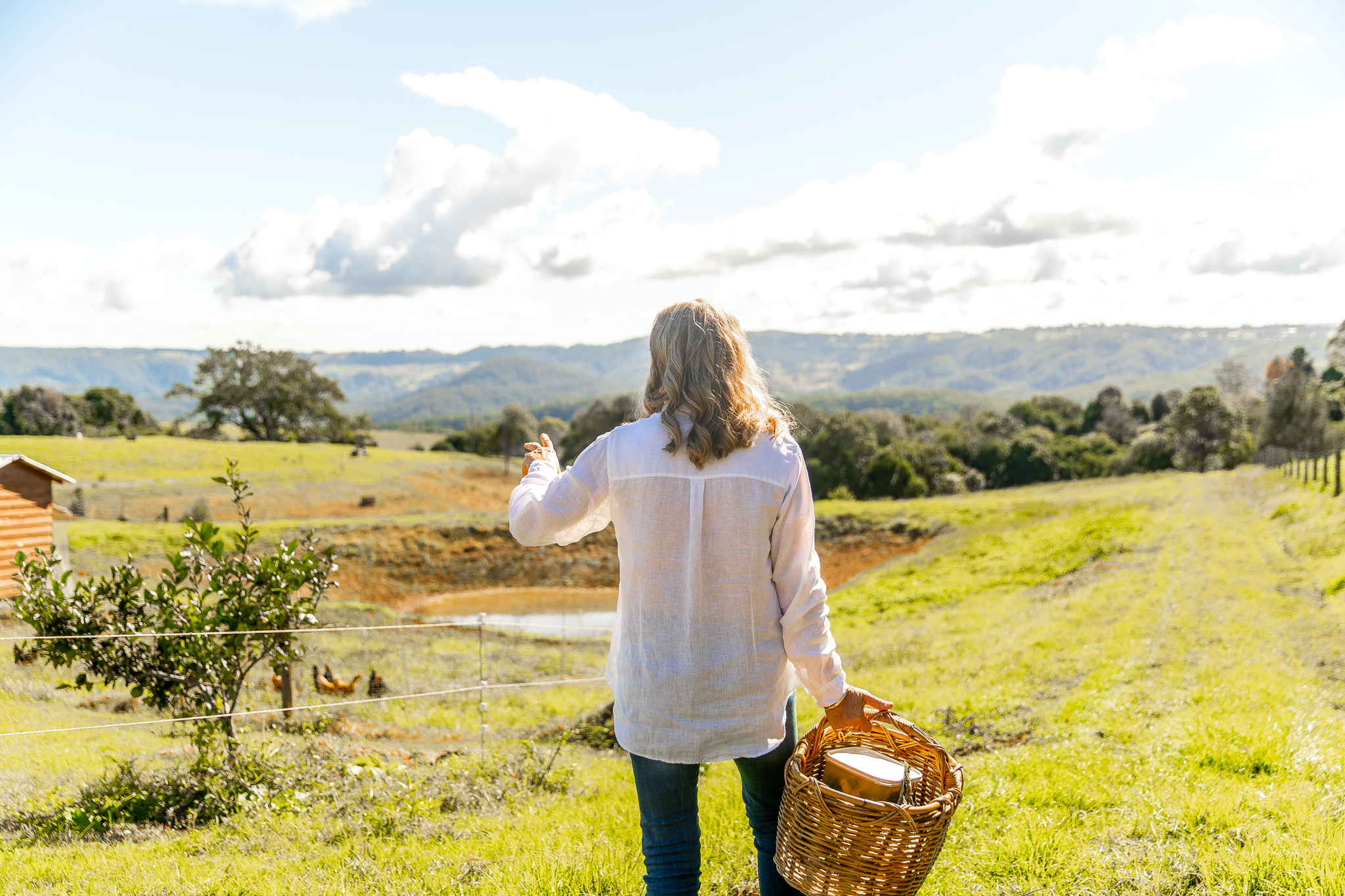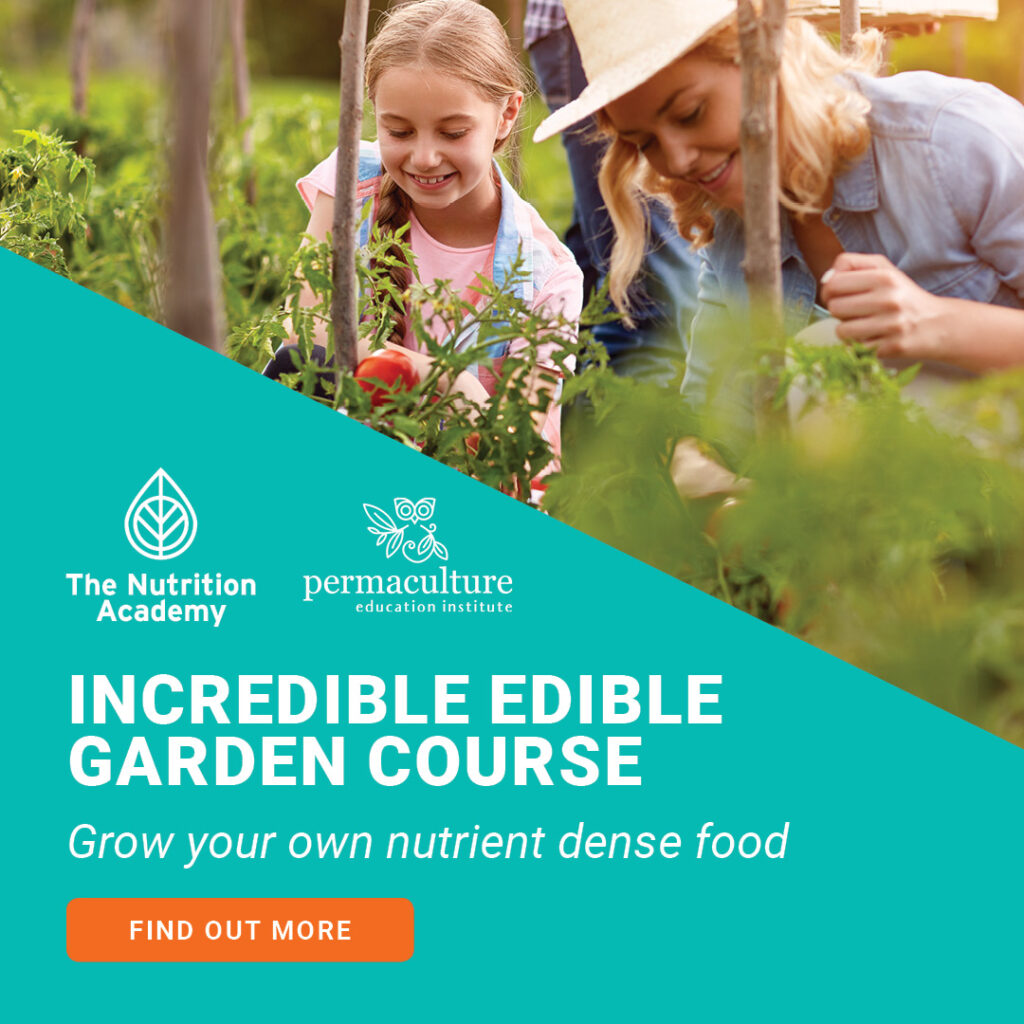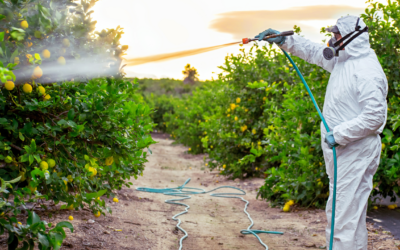Sometimes when I get stuck for a topic when writing an article, I go to the health pages of major news outlets like the BBC or ABC News.
This month I was stuck for a topic, so I opened them all up. The only thing I saw was about COVID 19 or the vaccines for it. As I scrolled through the health pages there was very little else.
Usually when I scroll through these pages, I find all sorts of new and interesting research on food, health, nutrition, supplements, chronic diseases and the like.
What stunned me was that Krispy Crème Donuts, Brew Dog Pub and other junk food and alcohol places were offering their products (I can’t call them food) for proof of vaccination.
Here are the ingredients for Krispy Crème Donuts. Is this really a healthy food (if you can call it that) to give your immune system?
Ingredients: Doughnut (Enriched Wheat Flour (Wheat Flour, Niacin, Reduced Iron, Thiamine Mononitrate, Riboflavin, Folic Acid), Water, Palm Oil, Soybean Oil, Sugar. Contains 2% or Less of Each of the Following: Yeast, Soy Lecithin, Hydrogenated Soybean Oil, Salt, Mono and Diglycerides, Wheat Gluten, Calcium Sulfate, Monocalcium Phosphate, BHT, Dried Milk Powder, Egg Yolks, Cellulose Gum, Calcium Propionate (To Maintain Freshness), Ammonium Sulfate, Ascorbic Acid, Dicalcium Phosphate, Sorbitan Monostearate, Tocopherols, Tricalcium Phosphate, Diammonium Phosphate); Glaze (Sugar, Water, Corn Starch, Palm Oil, Calcium Sulfate And/Or Calcium Carbonate, Agar, Dextrose, Natural and Artificial Flavors, Salt, Disodium Phosphate, Locust Bean Gum And/Or Mono and Diglycerides).
I’m not going to harp on about the ingredients. I’ll just be saying the same thing as I always say when I see a list of ingredients (chemical sh*t storm) like this. Reading my book Lab to Table will explain it all.
Back to what I want to talk about this month.
As I scrolled through the health news, down the very bottom of the page I found some information about the amount of people creating backyard vegetable gardens. Before I had a chance to write this article, I went to the Farming Matters Conference in Albury, NSW. There I met two enterprising young women, one from Canberra the other from Melbourne, who were each supplying food for between 11 to 15 families through a community-supported agriculture box system, from their backyards or that of friends. Oh, I just wanted to hug them and thank them for their ingenuity and community sense! They were both making a living from this venture.
Food security for me means two things. Firstly, I want food that is nutrient dense and free from the chemicals of mechanistic agriculture. Secondly, I want local, seasonal food in abundance, for myself and my growing family.
The Farming Matters Conference was filled with wonderful speakers who talked about the growth in farmers changing from high-input chemical agriculture (for both plants and animals), to regenerative farming principles. It was an uplifting three days, finishing at one of the local farms in the area and seeing what they had done by reducing chemicals and using methods that work with nature, not against nature. It was inspiring. The farm was 15,000 acres in Holbrook, owned by Bill and Joy Wearn.
The average age of the 300 plus farmers in the room at the conference was near mine. About 10% were enthusiastic young men and women that were thriving on the land – the millenniums that are concerned about the state of food, human health and the planet. They want to be part of the solution, not part of the problem that is decimating the health of humans and the planet.
A very important question posed to one of the forums of experts was about the cost of food. A proposal was put forward that food should be categorised by nutrient content, not just on weight. If you walk through the grocery store you will now see food compared by the cost per 100g of weight, so that you can compare the price easily. This has nothing to do with the nutrient value of the food nor how it is grown (with chemicals or regeneratively).
Recently we noticed a cheaper Camu Camu (a long-term product of Changing Habits) in the Australian market. We purchased it and saw that the vitamin C content was 3% as opposed to our vitamin C content being 18%. Both sources are naturally occurring – it all depends on how it is grown; organic versus organic does not mean nutrient versus nutrient.
To get the same amount of vitamin C from the competitor’s Camu Camu as opposed to ours, you would need to consume 6.7g or 1.34 teaspoons of their product compared to only 2g or 0.4 of a teaspoon of Changing Habits Camu Camu to get 200mg of vitamin C. Therefore, although both products were the same weight and the cost of our competitor’s product was cheaper, ours has 100 servings per packet compared to just 20 in the competitor’s pack.
If both packs were compared by weight only and not by nutrition value, then our competitor would have been seen to be a better value option, but in fact that is far from the truth. In nutrition terms, our product contained five times the vitamin C content. This is a good example of why nutrient values are more important than weight/dollar values.
At Changing Habits, we are committed to supporting farmers who are improving their soils in order to increase the ecology and therefore nutrient content of the food grown. It is not just about being organic, but also about soil health. Lorraine Gordon at Southern Cross University says emerging science shows that there are clear links between soil health, plant health, animal health and human health.
The conference highlighted the importance of soil health and its long-reaching effects on the planet and human health. When the soil ecology increases and organic matter increases, it has the ability to pull carbon (carbon dioxide) out of the atmosphere. Professor Walter Jenner, a speaker at the conference and expert in soil biology, said that carbon dioxide may be the symptom, but it is also the resource we need to improve soils. He said for every 1g of carbon in the soil put there by regenerative farming practices (and with a good mix of soil ecology), it will hold 20g of water. This increased water-holding capacity of the soil stabilises the soil and, in turn, will cool the temperature of the surrounding area. If everyone does it, it will cool the planet.
Jenner says the recent floods in NSW and southern Queensland would have been averted if everyone upstream was sequestering carbon through good farming practices. This would hold the water on the land so that flooding would be minimal.
My husband and I purchased our family farm six years ago – the anniversary has just past, April 6th 2021 at 2pm. Our aim is to improve the land, plant lots of trees, use no chemicals, grow food, have a beautiful haven for animals, insects, butterflies, chickens and cows and our family. We do this with the help of our son, who is one of those young enthusiastic farmers. He accompanied me to the farming conference.
We know that in six years we have improved the land we manage with an increase in organic matter, we have sequestered more carbon and the water-holding capacity of our soil has increased. Dry periods do not mean brown grass but rather rich green healthy grass that is fed by soil moisture. When you dig down in our soils, it is rich with root systems, worms, microbes, fungi, nutrients and water. In other words, it is resilient.
Not everyone can purchase a farm. It had been my dream since I was 19 and I didn’t get it until I was in my 50’s. But most people have a backyard and once you are inspired to grow your own food, it’s incredible how much food you can grow. But more importantly, you can sequester carbon, increase organic matter, retain water and be part of a ground swell of farmers and backyard gardeners that are no longer part of climate crisis but rather climate healing.
We learnt at the conference that there is now a carbon buy back system. When you measure an increase in the carbon in your soil, then companies that need carbon credits can purchase from you what you have sequestered through good farming and gardening practices. This is not mined from your property, but merely a measurement and a transaction.
Recently Microsoft purchased carbon credits from a farm in Australia with a handsome price paid. Now farmers and acreage owners who use regenerative principles can become part of this scheme. I heard at the conference even one acre can be part of the carbon buy back. Now at last farmers who are stopping the degradation of soil and changing their farming practices are being paid not only by what they grow but also the carbon they collect. And is that very exciting for land holders.
The Nutrition Academy has teamed up with Morag Gamble, an incredible teacher of growing food in any space. Together, we provide a course called The Incredible Edible Garden. Growing your own food with knowledge from an expert means can learn from Morag’s 30 years of experience. Morag was my inspiration for my farm; she guided me through the processes of growing food gardens and learning about chop and drop species that fertilise your garden and perpetuate the nutrients being placed into your garden without the need for any inputs. This in turn sequesters carbon, holds water and cools my environment.
I also make sure that at every Nutrition Summit I have at least one speaker talking about farming and gardening principles. So far, I’ve had Bruce Pascoe, author of Dark Emu, Charles Massey, author of Call of the Reed Warbler and Jason Hawrelak, naturopath and medicinal herb grower. This year (2021) we have Morag Gamble, permaculture educator, and Hamish Mackay, educator and biodynamic farmer.
Nutrition is important but where your food comes from is even more so. The real value of food is how it is grown, not its value per weight. When you eat highly nutritious food, you tend to eat less. There should be no need for fortification of food or supplementing with expensive synthetic vitamins and mined minerals. Growing some of your own food ensures that you have a food supply and that your food is nutrient rich.
Every time I pick from my garden, I’m in awe of how abundant it can be. When the soil is prepared properly it is rich in ecology and carbon, it retains water and, with the help of sunshine and photosynthesis, food just pops up everywhere. There is nothing more satisfying to me than going out to the garden to fill my basket, then heading into the kitchen to feed and nourish my family in order to be part of the solution to heal this nation. Join me in the life-changing revolution by growing food regeneratively.






Thanks Cyndi
I would love to go to one of these talks
We have chickens and goats
and have just started growing some vegetables